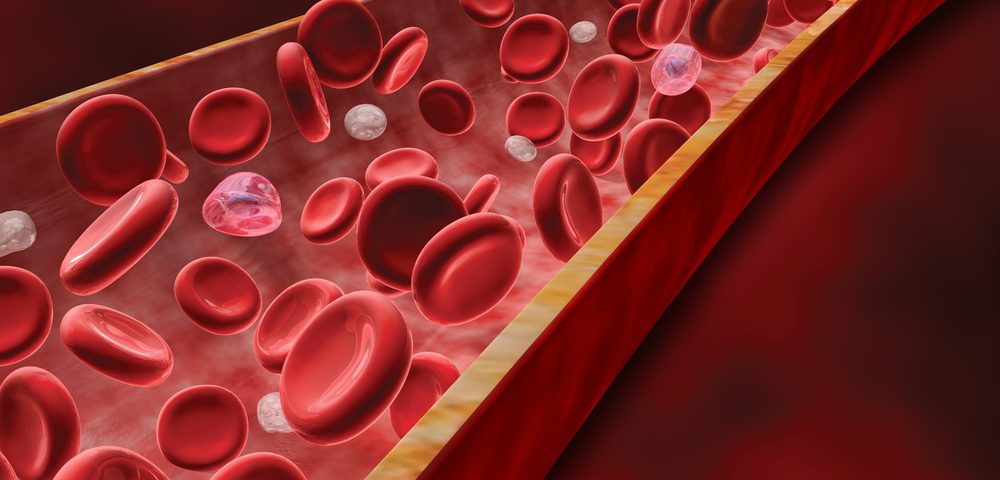Using blood samples to count circulating tumor cells may help to classify metastatic breast cancer patients according to their tumors’ aggressiveness, raising the possibility of more tailored treatments, with fewer severe side effects, for those whose advanced cancers are likely to be less aggressive.
These findings were presented in the poster, “The impact of circulating tumor cells (CTCs) detection in metastatic breast cancer (MBC): Implications of “indolent” stage IV disease (Stage IVindolent),” at the recent 2018 American Society of Clinical Oncology (ASCO) Meeting in Chicago.
Circulating tumor cells, or CTCs, are cancer cells shed from the primary tumor or its metastases that circulate in the blood or lymphatic system.
Counting CTCs, a form of liquid biopsy, can provide an estimated idea of the aggressiveness of a patient’s cancer, determine if the disease is stable or if it is responding to therapy.
Researchers performing the largest study on CTCs to date found that counting the number of these circulating cells could help categorize metastatic breast cancer patients according to tumor aggressiveness.
They pooled data on individual patients from two large groups of people with metastatic breast cancers — the European Pooled Analysis Investigators (EPAC) cohort and the MD Anderson Cancer Center (MDACC) cohort. The study included data on 2,436 patients.
CTCs were assessed using the CellSearch System – developed by Menarini Silicon Biosystems, and the first and only clinically-validated, FDA-approved test for counting CTCs from a simple blood sample.
The test uses antibodies targeting CTCs coupled with magnetic nanoparticles, allowing the separation of CTCs from the bulk of other blood cells.
Researchers divided the patients into two groups. Those with fewer than five cells in 7.5 ml of blood were included in the indolent group (1,336 patients), while those with five or more cells in the same volume were placed in an aggressive cancers (1,100 patients). Indolent cancer is a cancer that progresses slowly.
People in the aggressive group were 2.4 times more likely to have worse outcomes, the investigators found.
Those in the indolent group lived significantly longer than those in the aggressive group across all disease subtypes. Patients with hormone-positive cancer, for example, lived a median 44 months if they had fewer than five CTCs, and 17.3 months if they had five or more CTCs.
Overall, the findings support the use of CTC measurements to identify patients with indolent cancers that require less aggressive therapies, reducing side effects and costs.
“Our study found that there are 60 percent of MBC [metastatic breast cancer] patients for which the disease may not be immediately aggressive,” Massimo Cristofanilli, MD, associate director of translational research at the Robert H. Lurie Cancer Center, Northwestern University, and a study co-author, said in a press release.
“This analysis suggests that CTC testing can complement standard imaging studies and provide an even more accurate and sensitive method for staging patients with advanced breast cancer,” he added.

